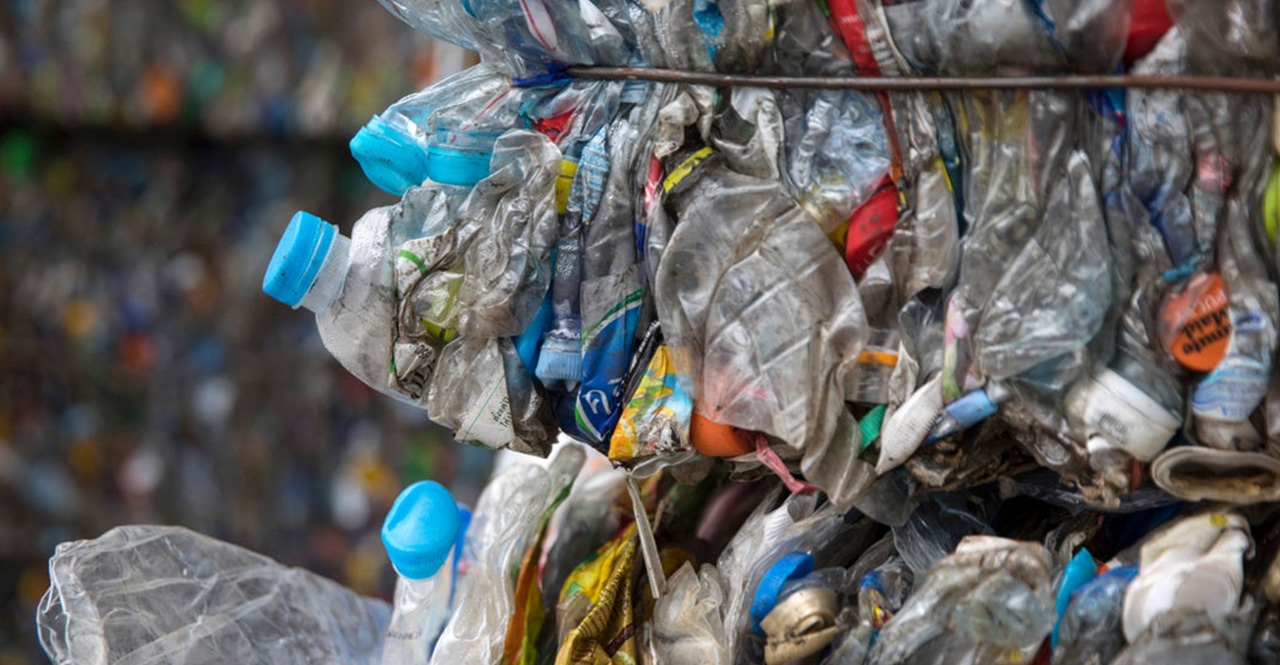Exploring the Value of Reclaim Waste in Sustainable Waste Monitoring Campaigns
In the realm of lasting waste management, the concept of recovering waste emerges as an important element that demands focus and consideration. By analyzing the detailed interaction between waste reclamation and lasting waste management campaigns, we start to unwind a narrative that extends beyond standard waste disposal approaches.
Importance of Reclaiming Waste
Why is recovering waste essential in sustainable waste management techniques? Reclaiming waste plays a crucial duty in lasting waste monitoring by minimizing the quantity of waste sent out to garbage dumps, preserving natural sources, and minimizing environmental impact. By reclaiming waste materials via recycling, repurposing, or upcycling, valuable sources can be recouped and reintroduced into the production cycle, minimizing the demand for virgin materials. This not just lowers the strain on natural sources yet also aids in lowering power consumption and greenhouse gas exhausts connected with the removal and processing of basic materials.
In addition, redeeming waste cultivates a round economy where products are reused and recycled continuously, promoting a much more lasting and efficient use of sources. It also adds to the production of green jobs and economic growth in the recycling and waste monitoring sector. By including waste improvement practices right into waste management methods, neighborhoods and companies can relocate towards a more lasting future, where waste is watched not as a concern but as an important source.
Advantages for the Environment
In the world of lasting waste monitoring, the technique of redeeming waste not only lowers and saves natural resources waste sent out to garbage dumps yet likewise produces substantial benefits for the setting. By redeeming waste products, such as steels, glass, plastics, and organic issue, the environmental influence of resource removal and production is minimized (Reclaim Waste). This leads to reduced energy usage, reduced greenhouse gas exhausts, and lower degrees of air and water contamination connected with removing basic materials
Additionally, reclaiming waste assists in the preservation of biodiversity and natural habitats. It reduces the need for landfill space, thereby lessening land deterioration and habitat damage. Furthermore, the process of recovering waste frequently involves recycling and repurposing materials, which consequently decreases the demand for brand-new products and the connected power and sources required for their production.
Contribution to Round Economy
Playing a critical role in promoting sustainability and source performance, recovering waste makes a substantial contribution to the round economic climate. By reestablishing thrown out materials back into the production cycle, reclaiming waste reduces the need for virgin resources, thus reducing the general ecological impact of resource extraction and consumption. This procedure aligns with the principles of the round economy, which stresses making best use of the worth and energy of resources via closed-loop systems.
Moreover, reclaiming waste advertises innovation and motivates the development of new innovations and procedures for recycling and upcycling products. This not only lowers waste look at this now sent to land fills yet also produces brand-new economic chances by generating secondary raw materials for making markets. Consequently, recovering waste assists to create a much more resistant and sustainable economic situation that is less based on scarce sources and vulnerable to interruptions in the supply chain. Inevitably, by incorporating waste reclamation methods right into waste management initiatives, neighborhoods and organizations can actively contribute to developing an extra regenerative and circular economic situation.
Minimizing Landfill Waste

Education and understanding projects on correct waste disposal and the relevance of minimizing, reusing, and recycling can also play a critical role in minimizing landfill waste. By focusing on the decrease of land fill waste, sustainable waste administration techniques can be enhanced, leading to a much healthier environment and economic climate.

Future Ramifications
Thinking check out here about the rapid improvements in technology and evolving ecological difficulties, the future implications of sustainable waste monitoring are poised to change present practices. The fostering of ingenious modern technologies such as expert system, Web of Things (IoT), and blockchain can greatly improve waste tracking, arranging, and recycling procedures. These improvements enable real-time monitoring of waste streams, identification of recyclable products, and enhanced performance in resource allowance.
Furthermore, the change in the direction of a circular economic situation model, where resources are recycled, recycled, or upcycled, will become progressively prevalent. This shift not just decreases the dependence on virgin materials however additionally minimizes waste generation, causing a more ecologically pleasant and lasting waste management technique.
Furthermore, the combination of sustainable waste monitoring practices into wider sustainability agendas is anticipated to gain traction. Liquid waste removal. Organizations and governments worldwide are recognizing the importance of waste reduction and recycling in combating environment adjustment and advertising a round economy. Therefore, policies and guidelines sustaining lasting waste monitoring efforts are likely to end up being much more rigid, driving sectors in the direction of even more green practices
Conclusion
To conclude, the importance of recovering waste in sustainable waste management efforts can not be overstated. By recovering waste, we can decrease environmental impact, add to a round economic situation, and decrease land fill waste. This strategy holds pledge for future ramifications in waste administration techniques, emphasizing the importance of source performance and ecological sustainability. Reclaiming waste is a more helpful hints vital action in the direction of producing an extra ecologically friendly and lasting future.
By taking a look at the complex interaction in between waste improvement and sustainable waste management initiatives, we start to unwind a narrative that prolongs beyond standard waste disposal techniques. Reclaiming waste plays an important role in sustainable waste monitoring by reducing the amount of waste sent to land fills, conserving natural resources, and minimizing ecological effect. By incorporating waste recovery practices right into waste monitoring areas, businesses and approaches can move towards a more sustainable future, where waste is viewed not as a problem but as a useful source.
